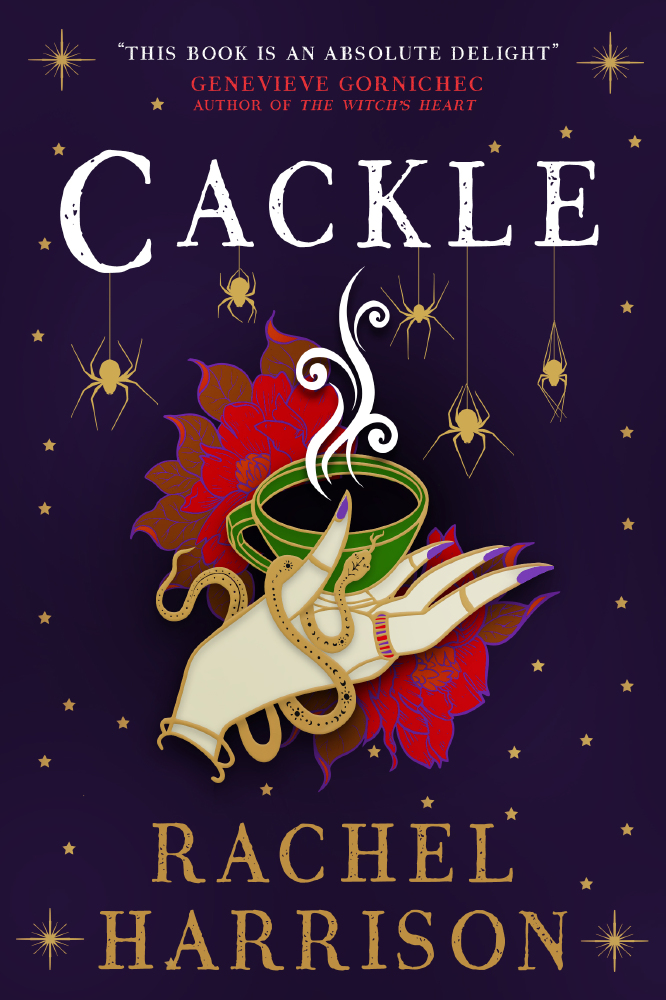When I was a shy, awkward fourteen-year-old, I had the great fortune of befriending the coolest girl in the world. I’ll call her Lex. Lex was a few years older than me, wore Doc Martens with short skirts and band t-shirts. Lex and I were in the same play at a local theater (a theater that happened to look like a fairy tale castle). One day after rehearsal, we were loitering at the concession stand gnawing on candy bars, and she asked me if I wanted to hang out. What followed was a night of glorious teen debauchery. Flirting with boys at the park after hours. Walking up to the window at a McDonald’s drive-thru and getting a ridiculous amount of free McNuggets. Staying up late trading gossip and ghost stories. Lex was everything I aspired to be, and she made me feel special, she made me feel cool—and what could be more precious to an insecure adolescent?

Cackle
After Lex graduated, I was lucky enough to meet yet another exceptionally cool friend. Meg was two years older than me, lived up the street, had her driver’s license and a car. She would give me rides to school, blasting bands I’d never heard of, introducing me to post-punk and ska. She also introduced me to cult movies and Sylvia Plath. Then there was Jill, also two years older, who I met in a social decision-making class. Jill was popular, in the student council, a star athlete. She took me to pasta nights at the local diner, where we’d chat about our ambitions. She also took me on a well-intentioned but ill-fated double date with her boyfriend and his friend. When the friend clearly wasn’t into me, she told me not to worry about it, reassured me that I was beautiful and fun and smart, and didn’t need validation from that dope, or from anyone.
Years later, as I mournfully approached my thirtieth birthday, lamenting the loss of my youth, I thought about Lex and Meg and Jill. I longed to meet someone like them, someone a few years older who was wise and self-assured, who could shepherd me into this next phase of adulthood, of womanhood. I was desperate for someone to show me the sparkling possibilities of who I could be next, of all that I had yet to discover. Someone who could lead by example and shift my fear to excitement.
That’s how I conceived of Sophie, the mysterious friend at the center of my novel CACKLE. The book’s protagonist, Annie, is similarly unmoored as she hits thirty, and has the great fortune of meeting Sophie, who is wise and self-assured and makes Annie feel special. Their friendship is at the center of the story, a story about how to navigate our deepest fears and insecurities. A story about the magic of friendship, and how it can change us, make us powerful. Turn us into who we’re meant to be.
And maybe that ill-fated double date inspired a certain scene in the novel as well. A little fictional revenge can be cathartic, right?

